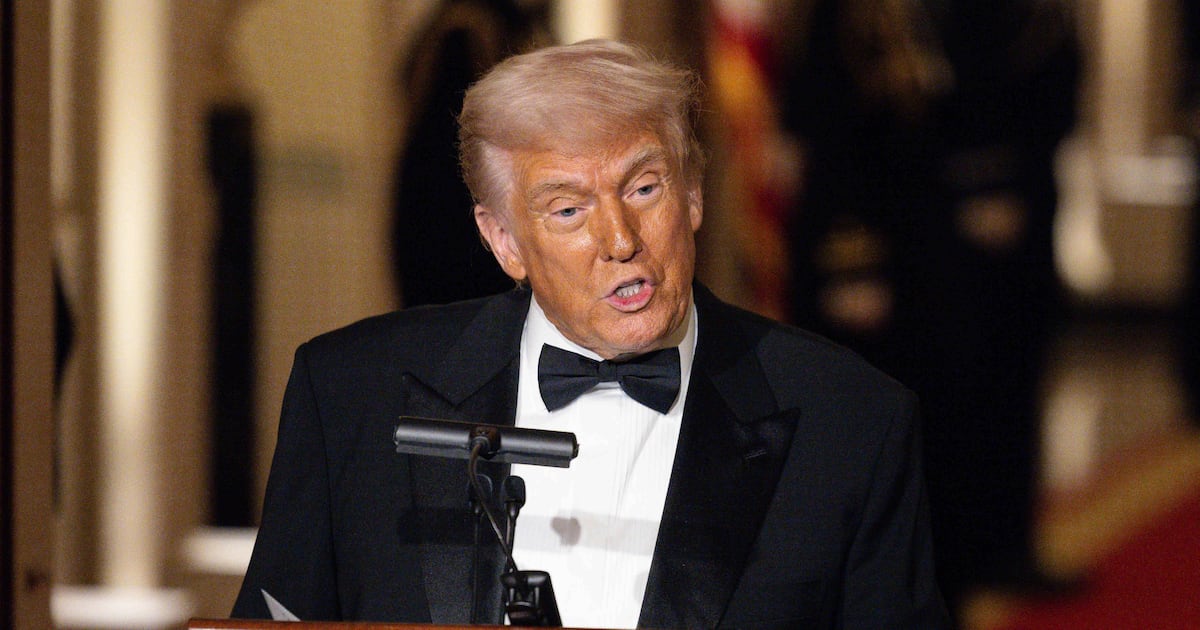Elon Musk announced more than $7 billion in new financing for his Twitter bid on Thursday, including a $375 million commitment from a subsidiary of the sovereign wealth fund of Qatar, a country that has allegedly not always upheld Musk’s much-espoused value of “free speech.”
Existing shareholder Prince Alwaleed of Saudi Arabia will also retain a stake in the company worth nearly $2 billion, with additional funding coming from 17 other equity investors such as Sequoia Capital, Andreessen Horowitz, Larry Ellison, and the crypto firm Binance.
In a filing with the Securities and Exchange Commission, Musk said he is working with other current stockholders like Twitter founder Jack Dorsey to commit additional capital to the $44 billion deal.
With Thursday’s announcement, the Tesla CEO was able to reduce a margin loan agreement from $12.5 billion to $6.25 billion—thereby limiting some of his leverage—and increase the equity commitment by the same differential, from $21 billion to $27.25 billion.
“While Twitter has great promise as a public square, it suffers from a myriad of difficult issues ranging from bots to abuse to censorship,” Andreesen Horowitz co-founder Ben Horowitz tweeted Thursday. “Elon is the one person we know and perhaps the only person in the world who has the courage, brilliance, and skills to fix all of these and build the public square that we all hoped for and deserve.”
Also Thursday, CNBC reported that Musk “is expected to serve” temporarily as Twitter’s chief executive following the transaction, which is projected to close later this year.
The Saudi and Qatari ties are somewhat curious considering that Musk has indicated the takeover was motivated by Twitter’s failure to uphold principles of free speech. It remains to be seen what influence Musk’s new equity partners will be able to leverage over the platform; Qatar Holding would have roughly a 1 percent interest in the private company, the filing suggested.
According to Amnesty International, as of last year Qatari “authorities continued to curtail freedom of expression using abusive laws to stifle critical voices.” The organization highlighted the case of Malcolm Bidali, a Kenyan “blogger and migrant workers’ rights activist” who was allegedly “forcibly disappeared” and kept in solitary confinement for speaking out against worker abuses. Bidali eventually paid a $6,800 fine and left the country.
Despite recent reforms, Qatar’s government has been criticized for the country’s labor conditions, lack of LGBT rights, and concerns about press freedoms.
Saudi Arabia has also engaged in repressive practices, according to Amnesty International. One human rights worker, Mohammad al-Otaibi, was sentenced to 14 years in prison in 2018 “based solely on his human rights work, including forming a human rights organization,” the organization said. In 2021 that sentence was extended by another three years.
Prince Alwaleed, for his part, was detained alongside other billionaires in 2017 as part of a so-called corruption crackdown that was seen as another effort by the country’s Crown Prince to consolidate control. Alwaleed was released after reaching a settlement with the government the following January.






